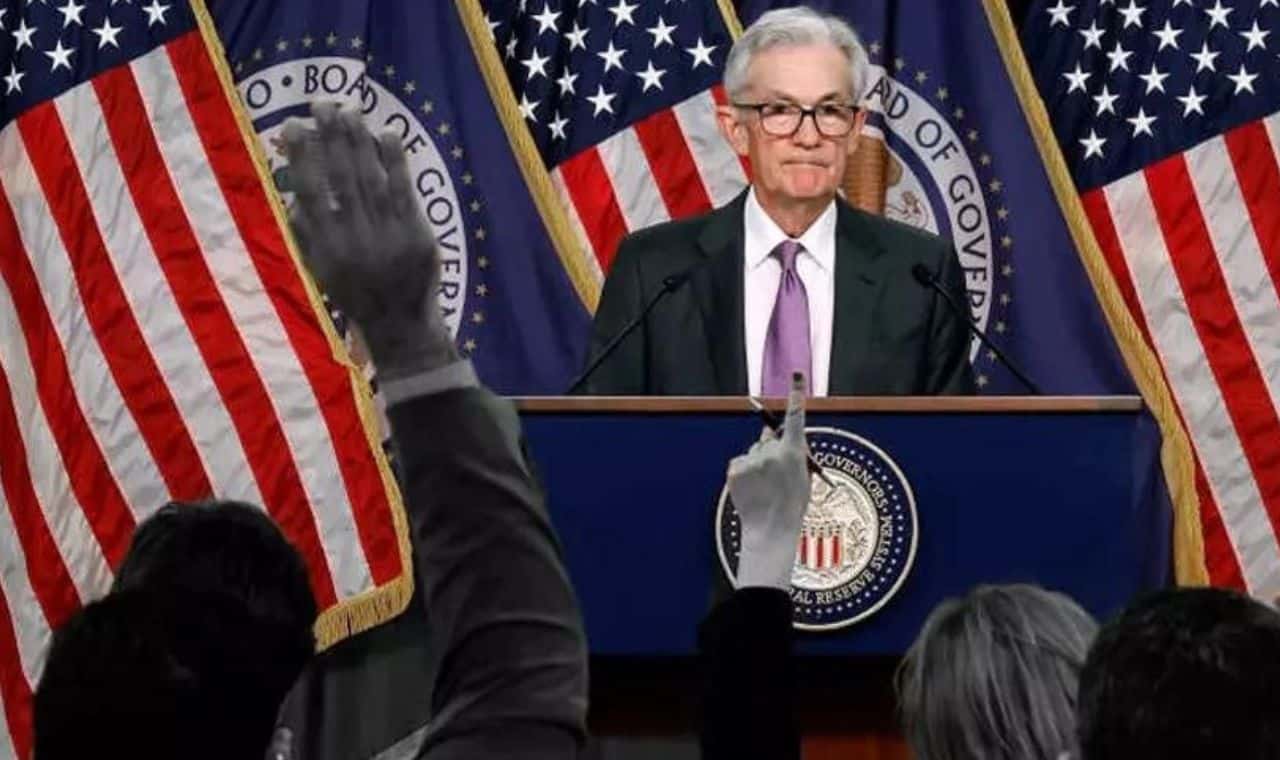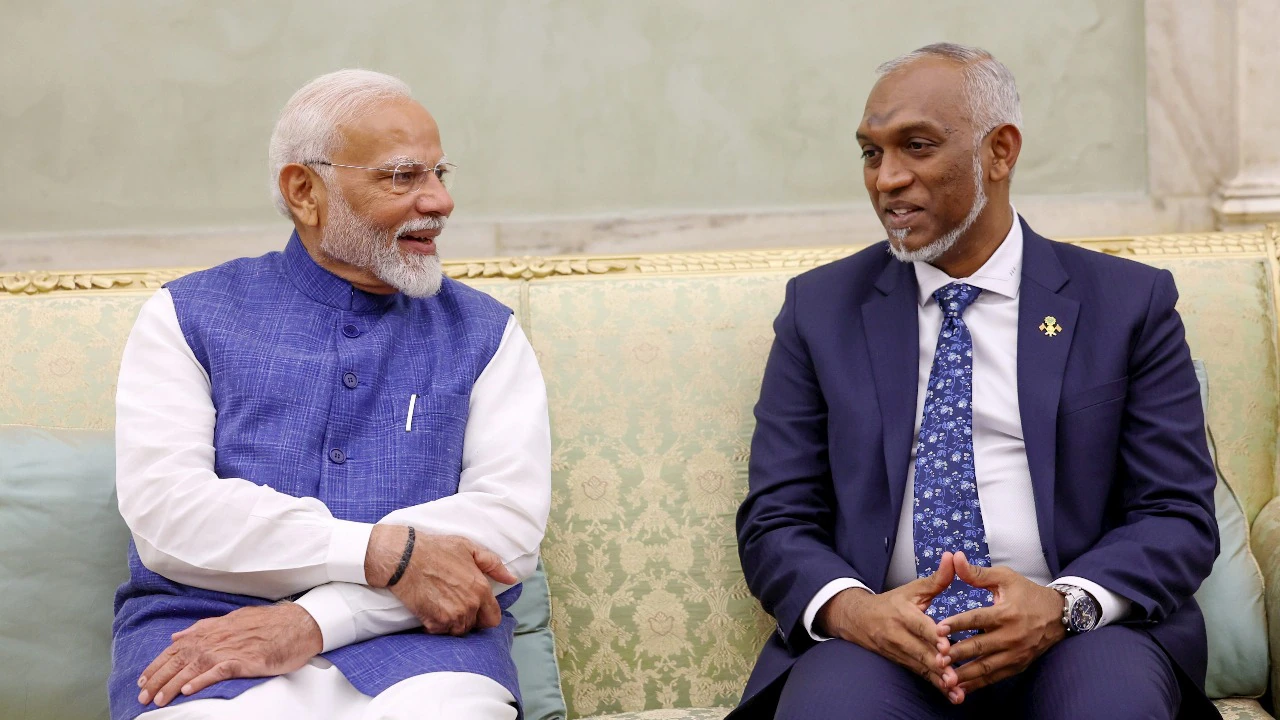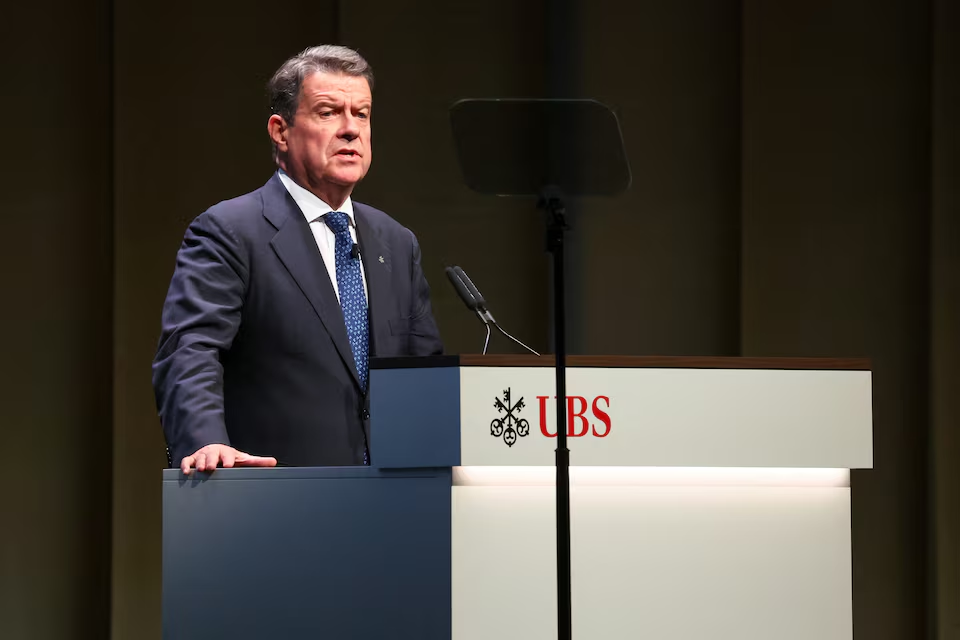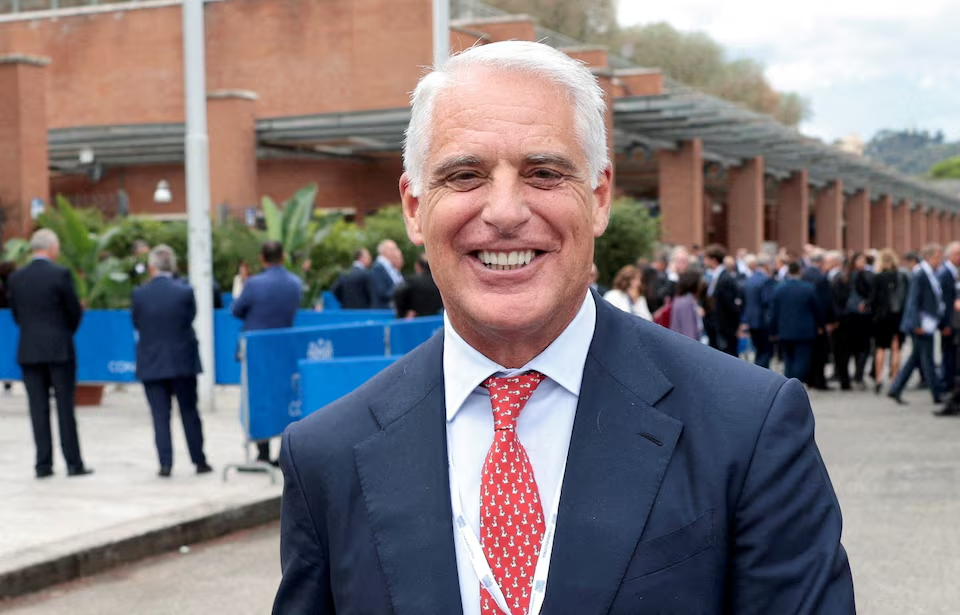Hedge Fund Chief Challenges the Green Investment Comeback Amid Rate Cuts

Skepticism in the Green Transition
Barry Norris, founder and CIO of Argonaut Capital Partners, has raised concerns about the effectiveness of Federal Reserve interest rate cuts in boosting green investments. In a recent interview, he argued that simply lowering rates won’t address the underlying challenges in the energy transition sector.
Norris pointed out a significant shift among energy-transition insiders. “For years, they blamed high interest rates for their struggles,” he stated. Now, despite falling rates, these insiders are seeking more government subsidies, signaling a lack of faith in the market’s natural recovery.
Contrasting Market Perspectives
Norris’s skepticism contrasts sharply with optimism on Wall Street, where analysts from Citigroup and Goldman Sachs see a turning point for green stocks. Companies like Orsted and Siemens Energy have made significant gains, with Orsted up 20% this year and Siemens Energy soaring 174%.
However, not all green stocks are faring well. Vestas Wind Systems has dropped 30% this year, largely due to rising servicing costs. This reflects a broader trend, as the S&P Global Clean Energy Index has declined nearly 6% since last December, while the S&P 500 has risen over 20%.
The Broader Economic Context
Norris contends that the green sector’s challenges reveal systemic issues about the viability of many companies. He argues that, without government support, most may not have survived, signaling a shift in private finance where profit is now prioritized over environmental enthusiasm.
He cites Europe as a cautionary example, suggesting that enforced green policies have created economic disadvantages. European firms are consistently valued lower than U.S. companies, with the Stoxx Europe 600 gaining only half as much as the S&P 500 this year, raising concerns about the sustainability of the region’s economic approach.
Looking Ahead
As discussions on green investments shift, Norris cautions against the dilution of “green” definitions in finance. He points out that including coal assets in green portfolios undermines sustainability claims, arguing that merely boosting subsidies to compete with China won’t enhance the attractiveness of green investments.
Norris emphasizes that the green transition represents not just a market challenge but a fundamental economic issue. His insights highlight the need for a nuanced understanding of the sector’s viability as investors navigate evolving financial and policy landscapes.
Related News
More News
Latest News

Maharashtra assembly election result 2024 latest update

US Military Launches Strikes on 15 Key Houthi Targets in Yemen

Putin’s Nuclear Doctrine Shake-Up: A Game Changer for Global Tensions

Maldivian President Mohamed Muizzu Set for Key Diplomatic Visit to India, October 6-10

Iran’s Leader Justifies Strikes on Israel in Powerful, Rare Public Address




